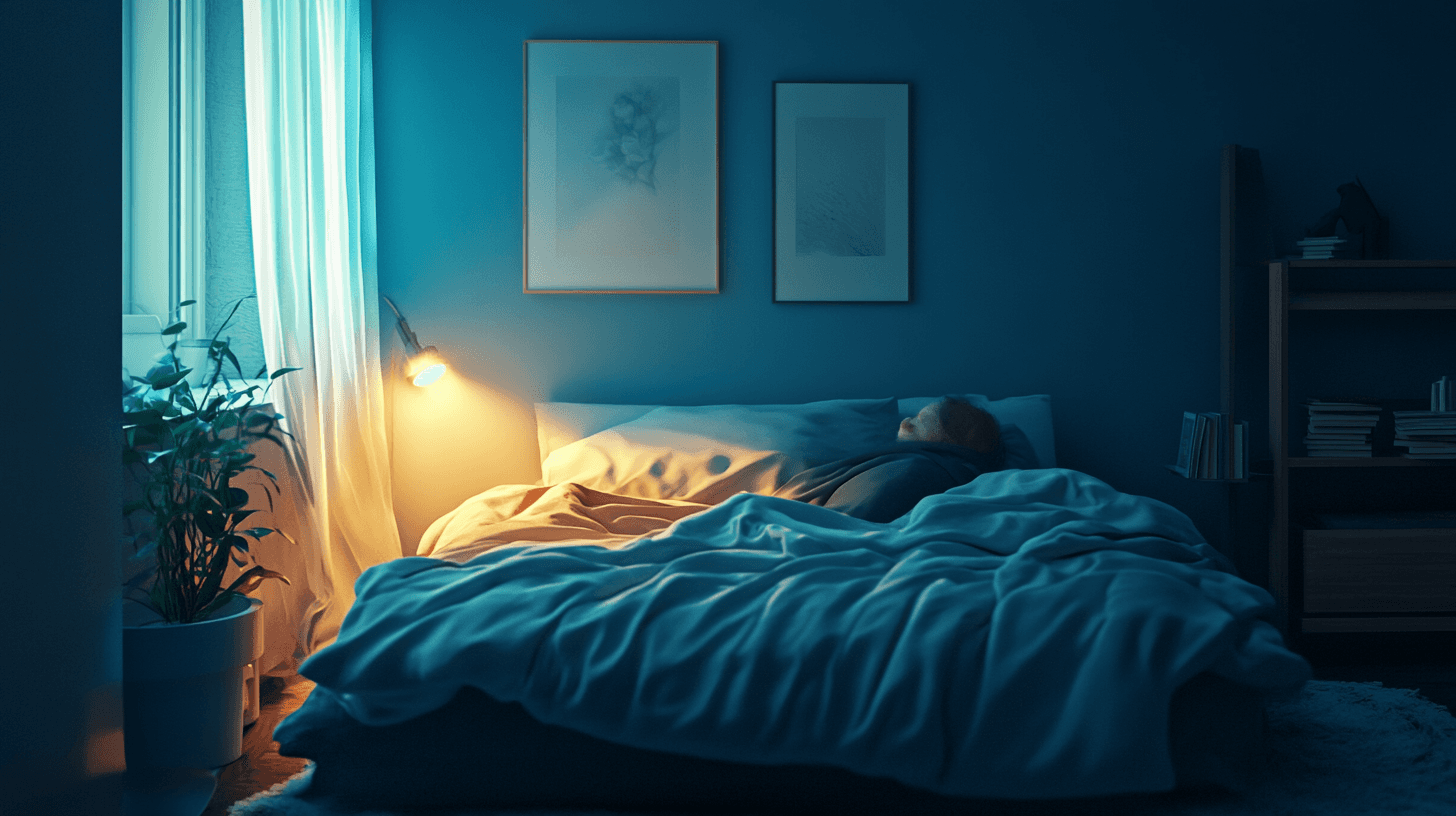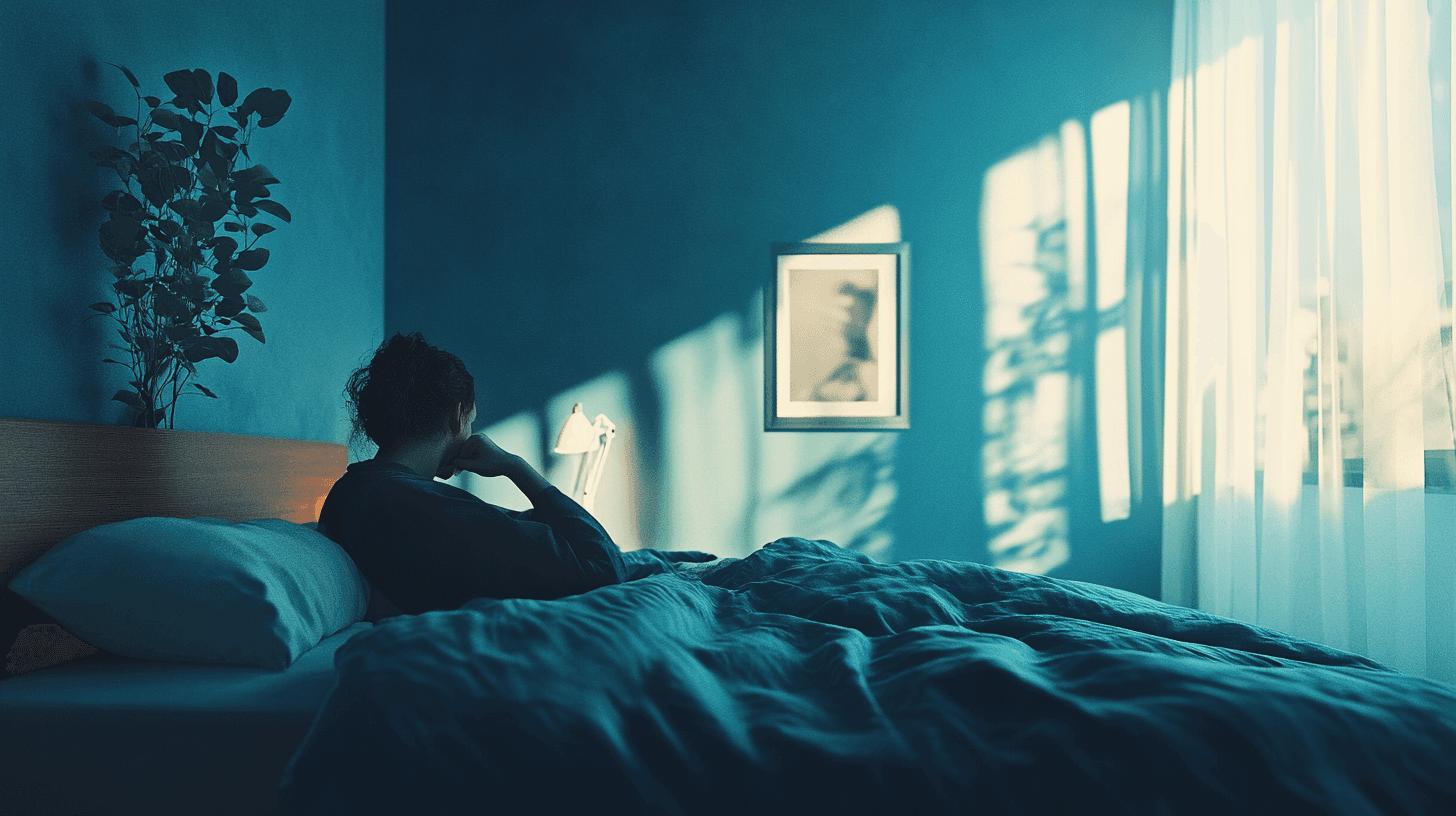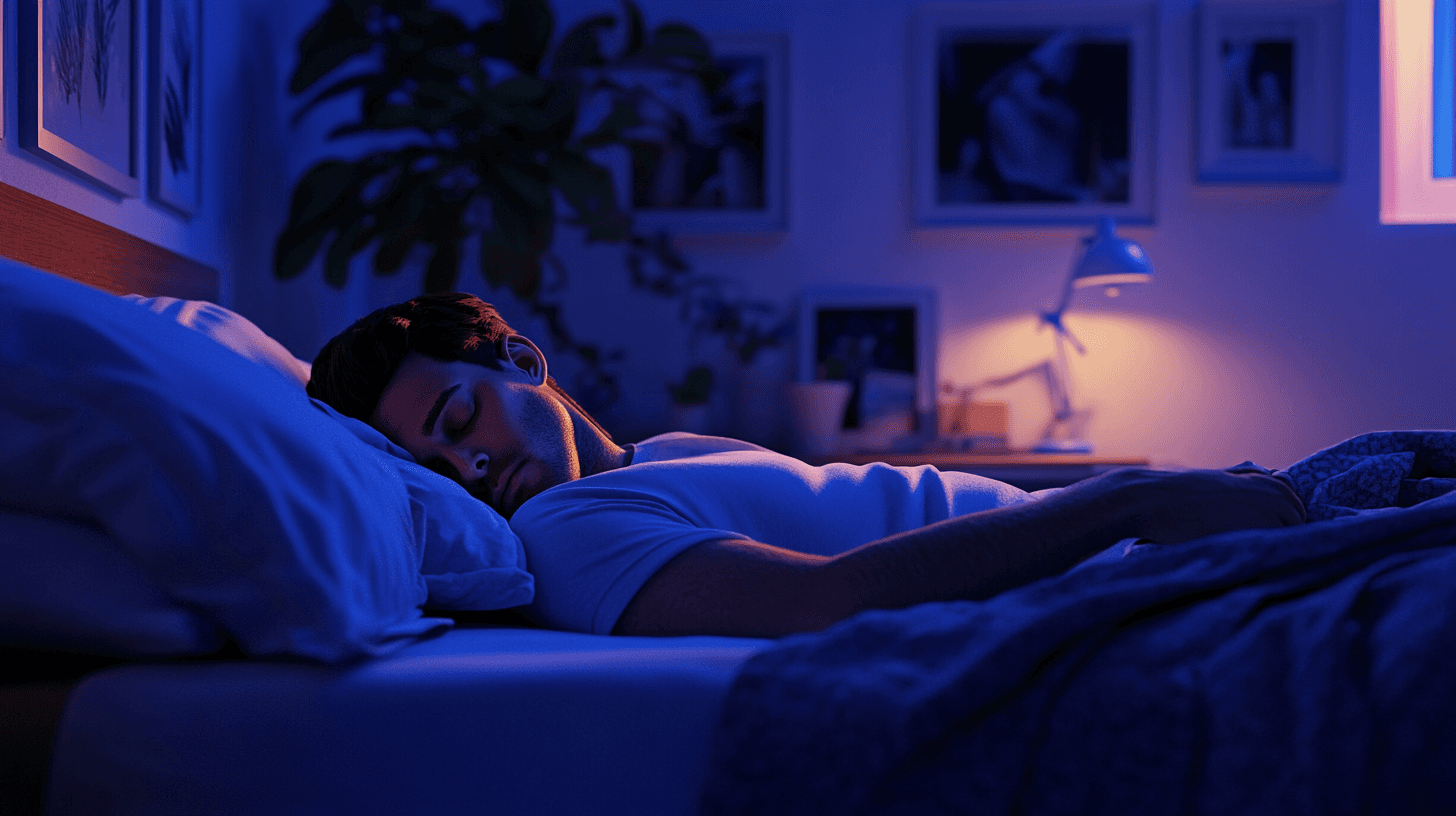Feb 28, 2024
Stress and anxiety are among the most common reasons for sleep difficulties. Understanding how these factors affect your sleep can help you develop strategies to manage them and improve your rest.
How Stress and Anxiety Impact Sleep
Increased Arousal: Stress triggers the release of cortisol, the "stress hormone," which can keep your body in a state of heightened alertness, making it harder to fall asleep.
Nighttime Worrying: Anxiety can lead to racing thoughts and excessive worrying at bedtime, preventing relaxation.
Sleep Fragmentation: Both stress and anxiety can cause frequent awakenings during the night, reducing overall sleep quality.
Strategies to Reduce Stress and Anxiety Before Bed
Practice Mindfulness and Meditation: Mindfulness exercises can help calm your mind and body, reducing the physiological effects of stress. Our app offers guided meditations specifically designed to promote relaxation and better sleep.
Establish a Pre-Sleep Routine: A consistent routine can signal your body that it’s time to wind down. This could include activities like reading, taking a warm bath, or listening to calming music.
Limit Stimulants and Screen Time: Caffeine, nicotine, and the blue light from screens can increase arousal and make it harder to sleep. Avoid these stimulants in the evening to improve your chances of a good night's sleep.
Use Relaxation Techniques: Deep breathing exercises and progressive muscle relaxation can help reduce tension and calm your mind.
How Our App Helps Combat Stress and Anxiety
Our app includes a variety of tools to help you manage stress and anxiety. From guided breathing exercises to sleep stories designed to distract your mind from worries, we provide resources to support a peaceful night’s sleep.
Conclusion
Managing stress and anxiety is key to achieving better sleep. Use our app to access expert-led techniques and build a healthier nighttime routine.




